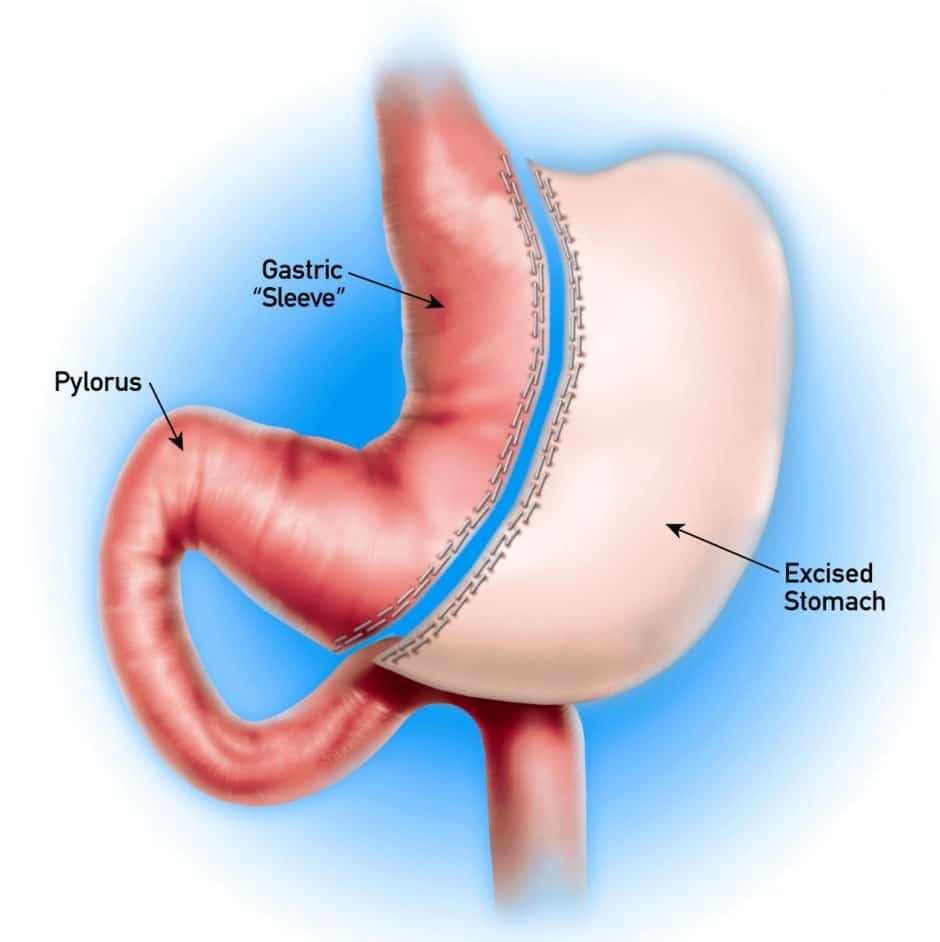
Gastric sleeve surgery, also known as sleeve gastrectomy, is a popular and effective weight-loss surgery option available globally, including gastric sleeve surgery in Dubai, (تكميم المعدة في دبي). This minimally invasive procedure reduces the size of the stomach, helping patients control food intake and lose significant weight. It has grown in popularity as an option for individuals struggling with obesity when diet, exercise, and other non-surgical methods haven’t provided the desired results.
How Gastric Sleeve Surgery Works:
The gastric sleeve procedure involves removing about 75-80% of the stomach, leaving behind a sleeve-shaped pouch that holds much less food. This limited capacity helps patients feel full with smaller portions, while hormonal changes from the surgery can help reduce hunger. The surgery typically lasts between one to two hours and is performed laparoscopically, which involves smaller incisions and shorter recovery times.
Who is an Ideal Candidate for Gastric Sleeve Surgery?
This procedure is generally recommended for adults with a BMI (Body Mass Index) of 40 or above, or those with a BMI between 35-39.9 with weight-related health issues, such as type 2 diabetes, hypertension, or sleep apnea. Ideal candidates are committed to lifestyle changes, including a balanced diet and regular physical activity post-surgery, to ensure the long-term success of the procedure.
The Preoperative Process and Preparation:
Before the surgery, patients typically undergo a comprehensive medical evaluation, including blood tests, imaging, and consultations. They also receive guidance on diet adjustments and physical activity from their medical team. Certain lifestyle changes, such as quitting smoking or limiting alcohol, are crucial to reducing surgery-related risks. Patients may also follow a pre-surgery liquid diet in the days leading up to the procedure, as advised by their medical team.
What to Expect During Recovery:
After surgery, patients usually stay in the hospital for 1-2 days. The first two weeks involve a gradual progression from a liquid diet to pureed foods, followed by a transition to soft foods in the following weeks. Over time, solid foods are reintroduced with careful portion control. Physical activity can generally resume within four to six weeks post-surgery, with gentle exercises recommended in the early recovery phase to promote healing.
Benefits of Gastric Sleeve Surgery
Gastric sleeve surgery provides numerous physical and mental health benefits, including:
Effective Weight Loss: Many patients lose around 60-70% of their excess weight within the first 12 to 18 months post-surgery.
Improved Health: Significant weight loss can lead to the remission or improvement of conditions like type 2 diabetes, hypertension, and high cholesterol.
Enhanced Quality of Life: Many patients experience increased energy, mobility, and confidence after their surgery.
Potential Risks and Complications:
As with any surgical procedure, gastric sleeve surgery has risks, including infection, bleeding, and blood clots. Long-term complications can include nutrient deficiencies, acid reflux, and stomach strictures. Choosing a highly skilled surgical team and adhering to all post-surgery guidelines can minimize these risks and ensure a smooth recovery.
Life After Gastric Sleeve Surgery:
Long-term success following gastric sleeve surgery depends on maintaining a balanced diet and incorporating exercise into daily routines. Many patients work with dietitians to develop meal plans rich in essential nutrients while monitoring calorie intake. Patients often join support groups or counseling sessions to stay motivated and manage their new lifestyle effectively.
Conclusion:
Gastric sleeve surgery is an effective tool for achieving long-term weight loss and improving overall health. For those struggling with obesity and looking for a fresh start, this procedure can be transformative when approached with the right mindset and commitment. Patients should conduct thorough research and consult with medical professionals to determine if this life-changing surgery aligns with their health and wellness goals.













